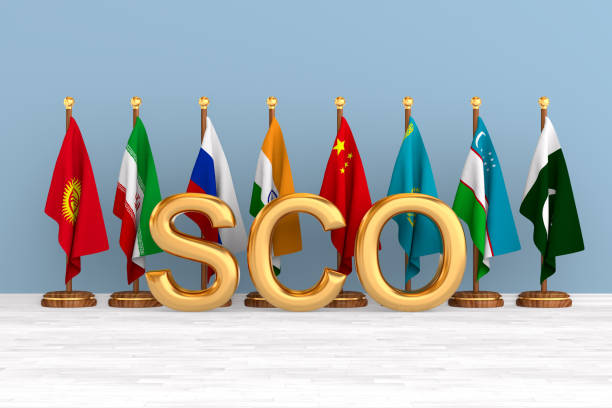SCO Summit 2024: A New Chapter for Regional Cooperation
On October 15 and 16, 2024, Islamabad became the focal point of international diplomacy as Pakistan hosted the Shanghai Cooperation Organization (SCO) Summit. This summit, chaired by Pakistan, gathered prime ministers from China, Russia, Belarus, Kazakhstan, Kyrgyzstan, Tajikistan, and Uzbekistan, along with the first vice president of Iran and India’s external affairs minister. With around 900 delegates in attendance, the government ensured robust security measures, deploying 10,000 police and paramilitary personnel in Rawalpindi and Islamabad, creating a complete lockdown for the safety of all participants.
This event is a testament to Pakistan’s commitment to regional cooperation. Notably, it follows other significant gatherings hosted by Pakistan in 2023, including a conference on transport connectivity and discussions on poverty alleviation. In addition, Pakistan is set to chair the SCO Council of Regional Antiterrorism Structure (CRATS) in the coming years, underscoring its active engagement in addressing regional issues.
What is SCO?
The Shanghai Cooperation Organization is an intergovernmental body founded in 1996 by China, Russia, Kyrgyzstan, Tajikistan, and Kazakhstan. It aims to promote peace and regional cooperation across Eurasia. The SCO represents nearly 80% of the Eurasian landmass and 40% of the world’s population, making it a significant player on the global stage. Over the years, it has evolved into a key platform for discussions on trade, economic integration, and regional security.
Key Agendas of the Summit
The primary focus of the summit was to enhance regional economic integration through trade and connectivity. Member states committed to initiatives aimed at poverty reduction, sustainable development, and promoting inclusive growth. The discussions also emphasized the importance of connectivity projects, both in infrastructure and digital networks, to facilitate smoother trade interactions among countries.
Moreover, the summit saw discussions about approving the organization’s budget and reaffirming commitments to a range of developmental areas, including:
- Green development
- Digital economy
- E-commerce
- Healthcare
- Transport and logistics connectivity
- Energy and climate change
Outcomes of the Summit
The two-day summit culminated in a joint communique highlighting the commitment of member states to optimize regional potential and foster sustainable economic growth. Notable proposals included:
- Establishing the SCO Development Bank and increasing the use of national currencies for mutual settlements.
- Advocating for a united stance against unilateral sanctions, which often harm Third World countries.
- Proposals for a UN resolution to promote global peace and cooperation.
Importantly, the summit also addressed the ongoing challenges of poverty alleviation and the need for improved living standards across the region.
Challenges Ahead
While the SCO has great potential, challenges remain. Geopolitical tensions, particularly between India and China, cast a shadow over the organization’s objectives. India’s engagement with the SCO has been complicated by its rivalry with China and ongoing regional tensions, making constructive dialogue essential for the organization’s success.
As the summit concluded, it became clear that despite the hurdles, platforms like the SCO are vital for fostering cooperation among states. In a world facing fragmentation and conflict, such gatherings offer an opportunity for countries to unite around common goals for the benefit of their people.
Conclusion
The 2024 SCO Summit in Islamabad not only showcased Pakistan’s role in regional diplomacy but also emphasised the importance of multilateralism and cooperation in addressing common challenges. The commitments made during the summit, if followed through, could pave the way for enhanced economic growth and stability in the region, benefiting millions and fostering a spirit of unity among diverse nations. As member states strive to implement these goals, the journey towards a more integrated and prosperous Eurasia begins.


Well written. 👍